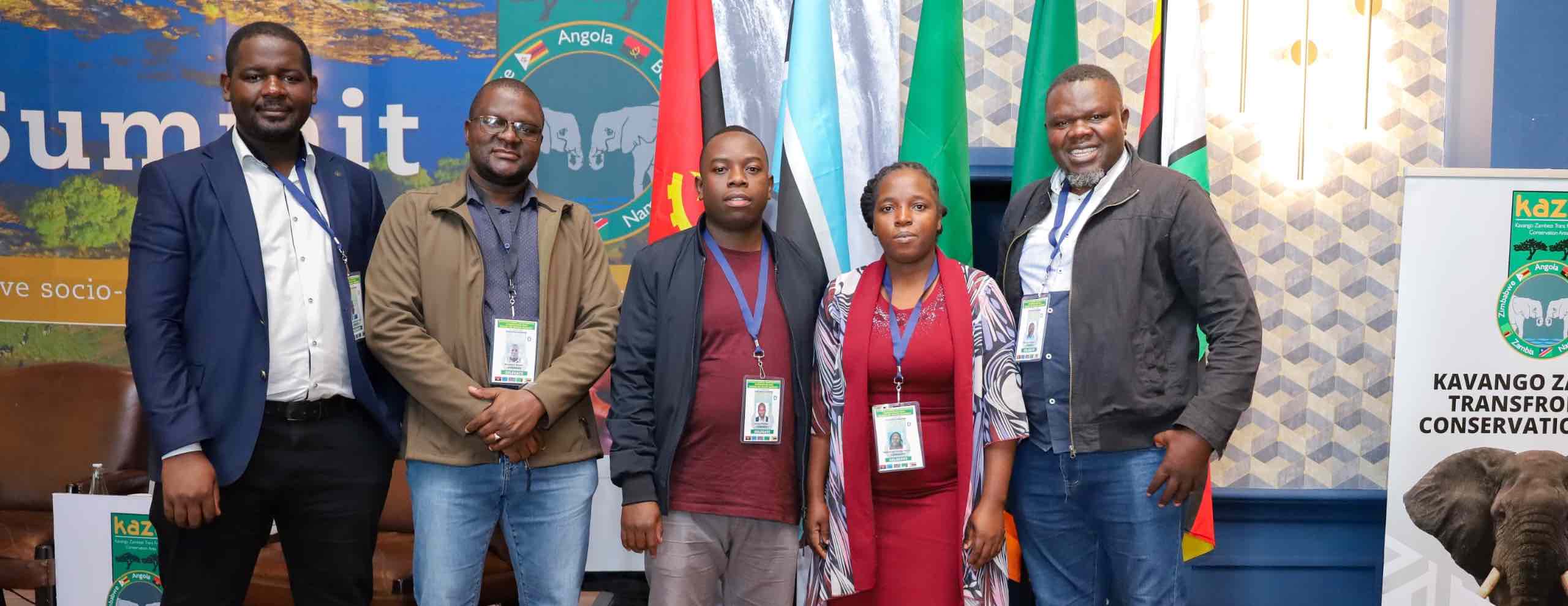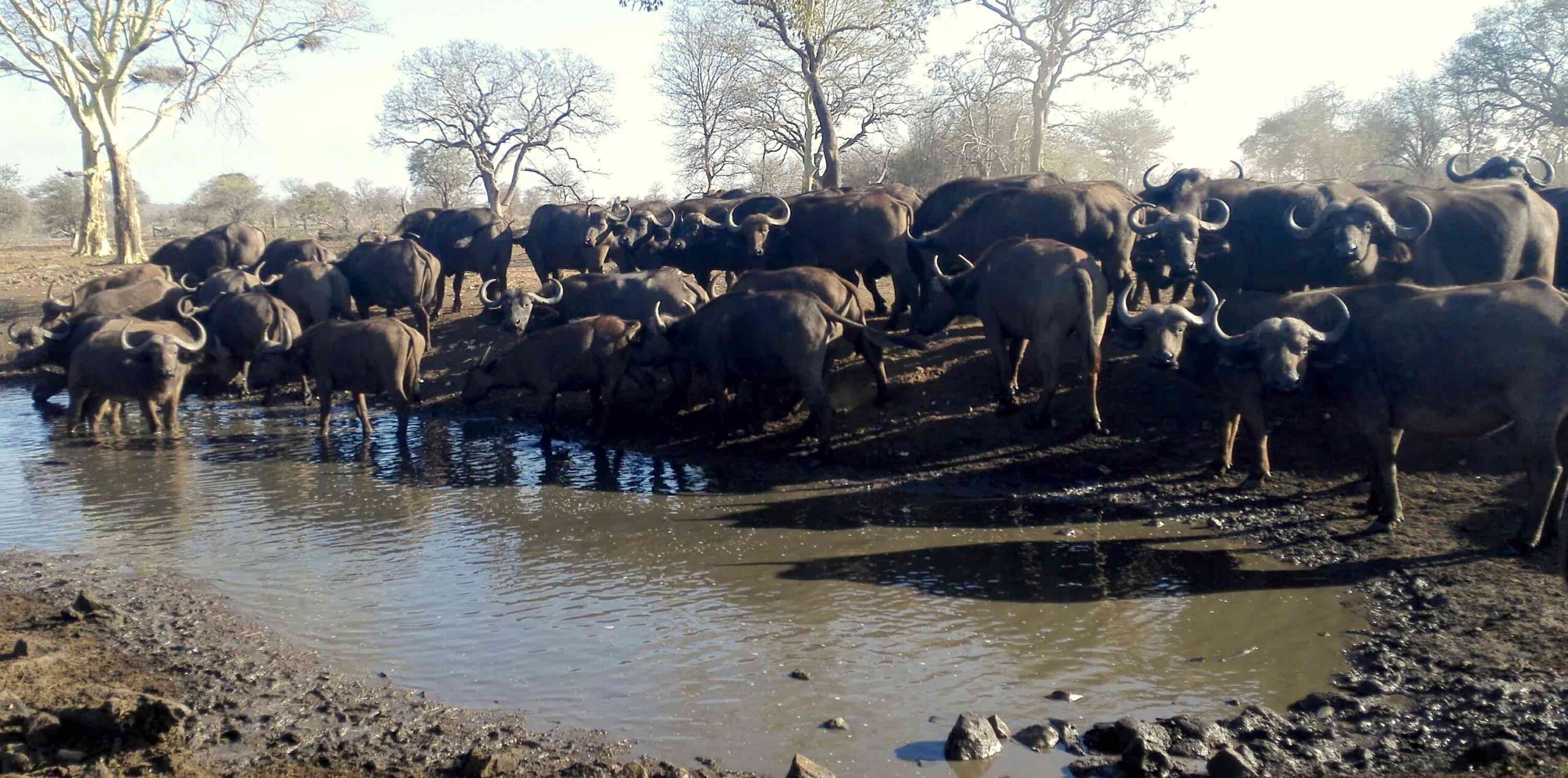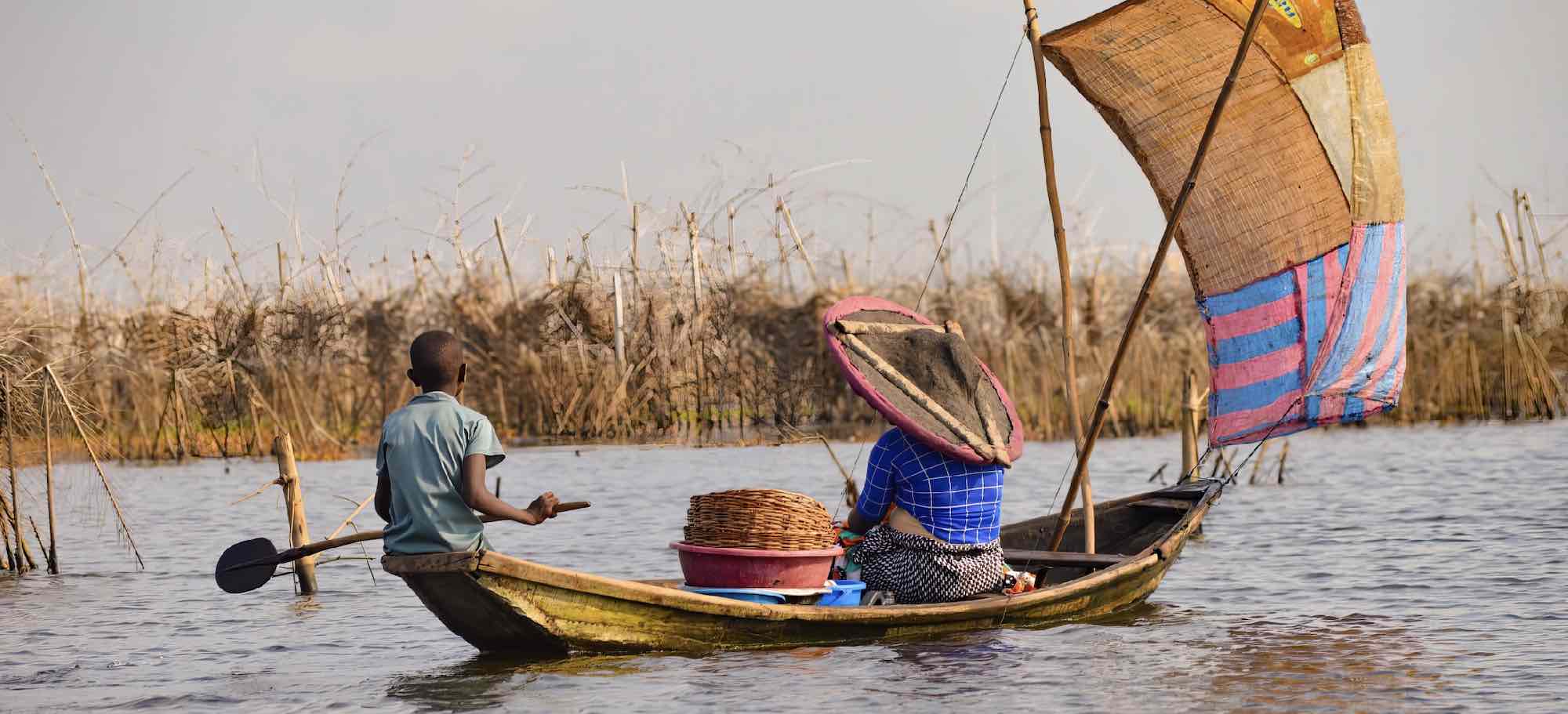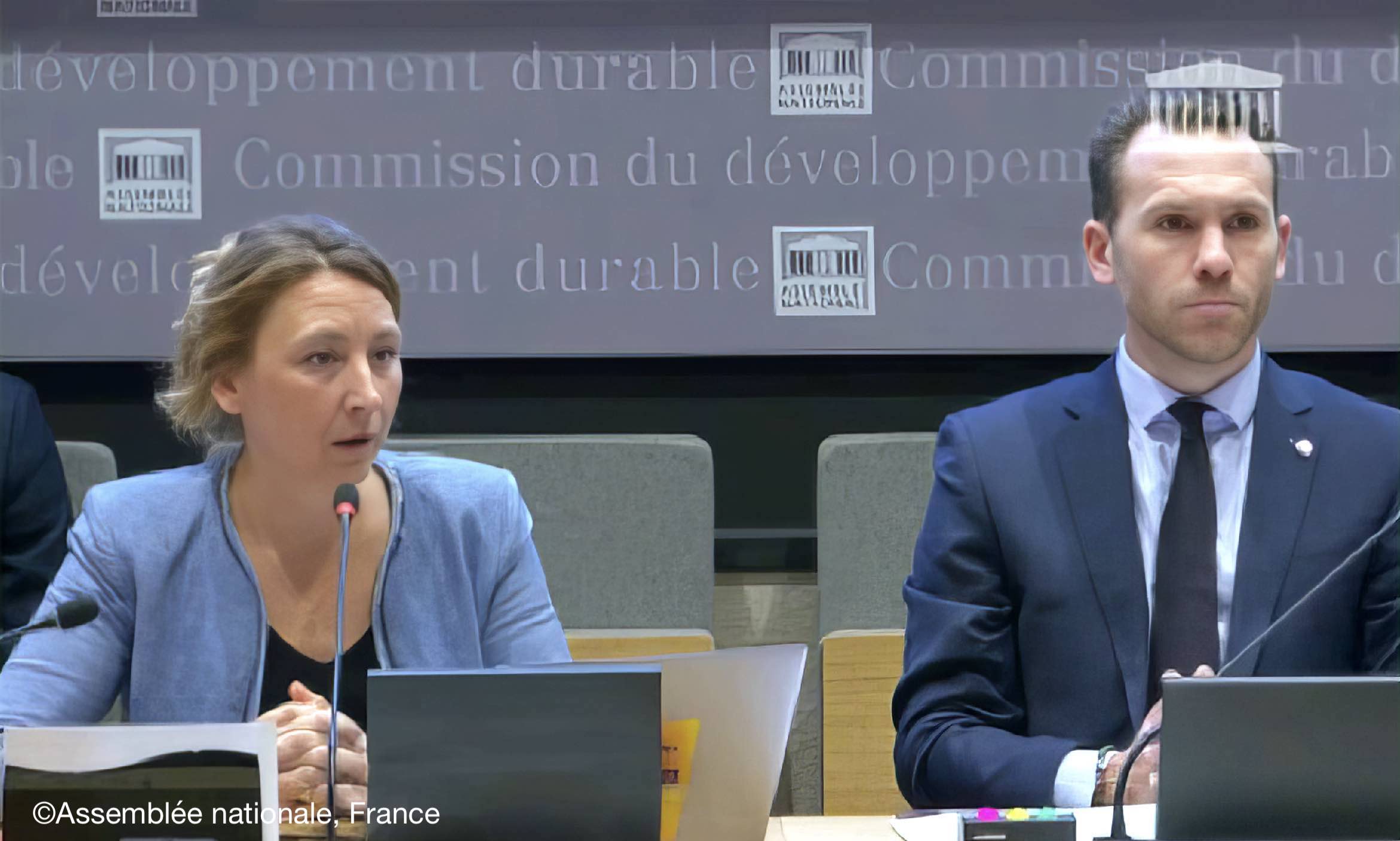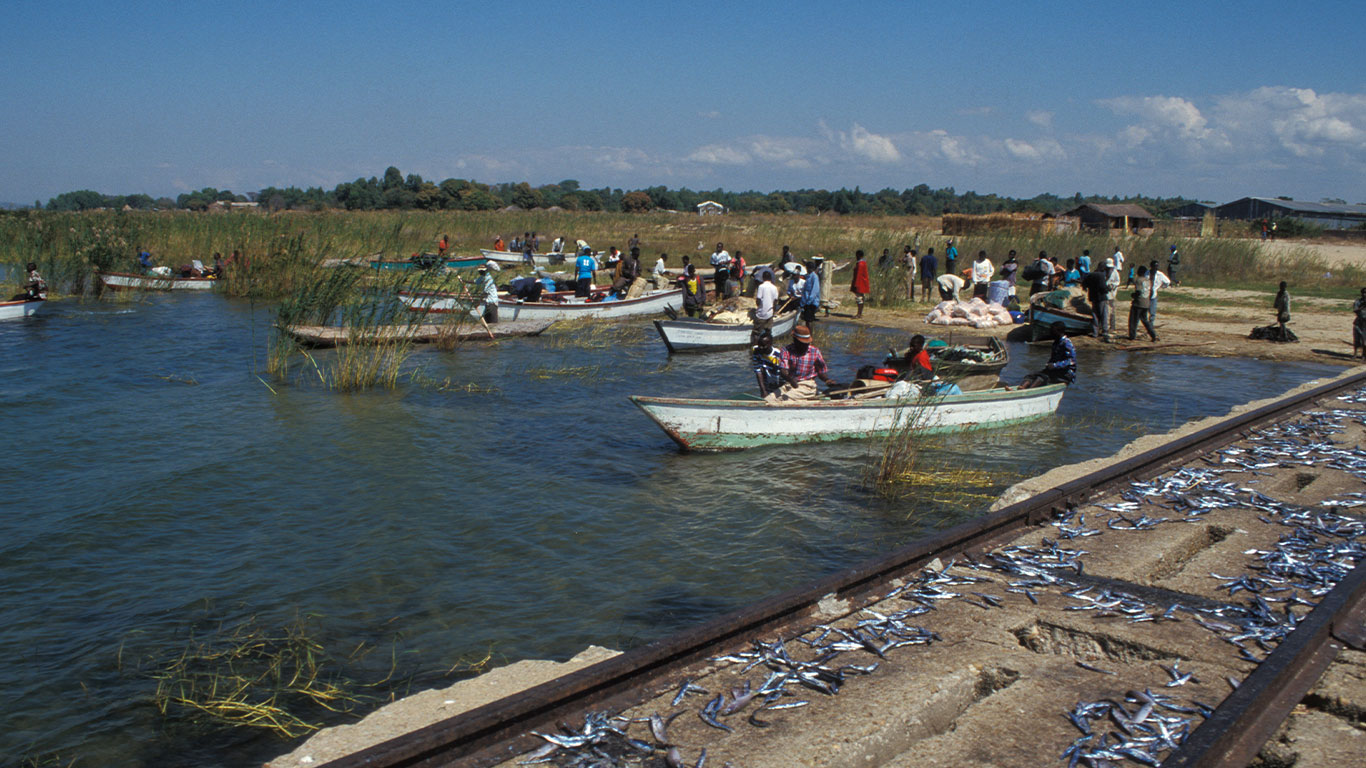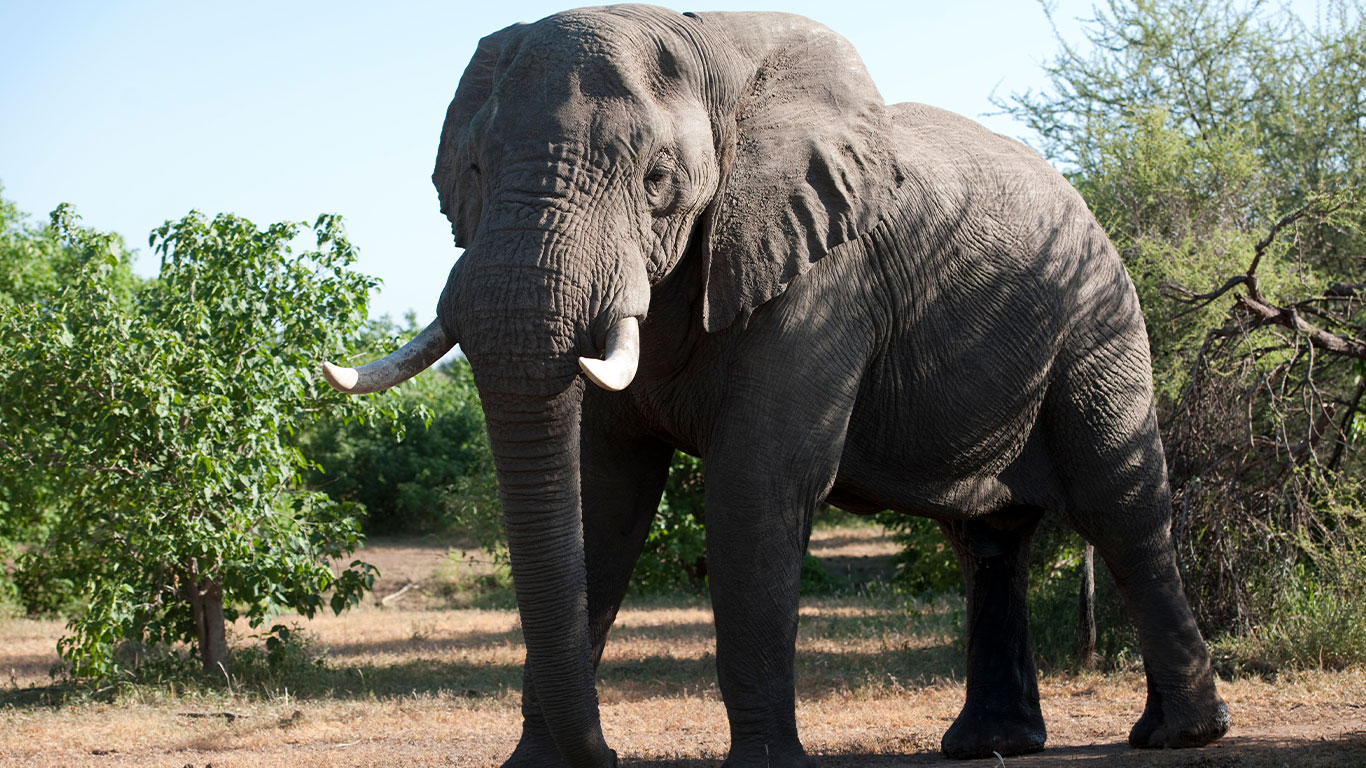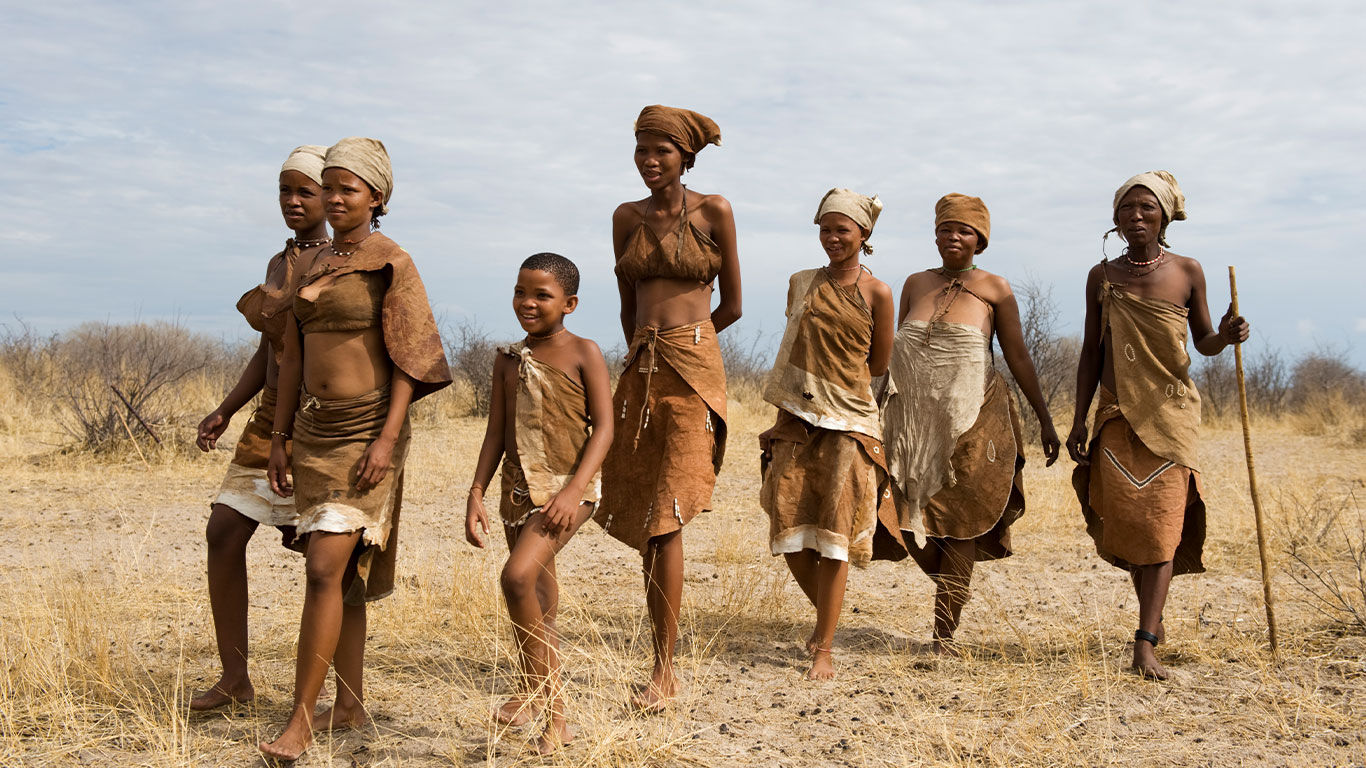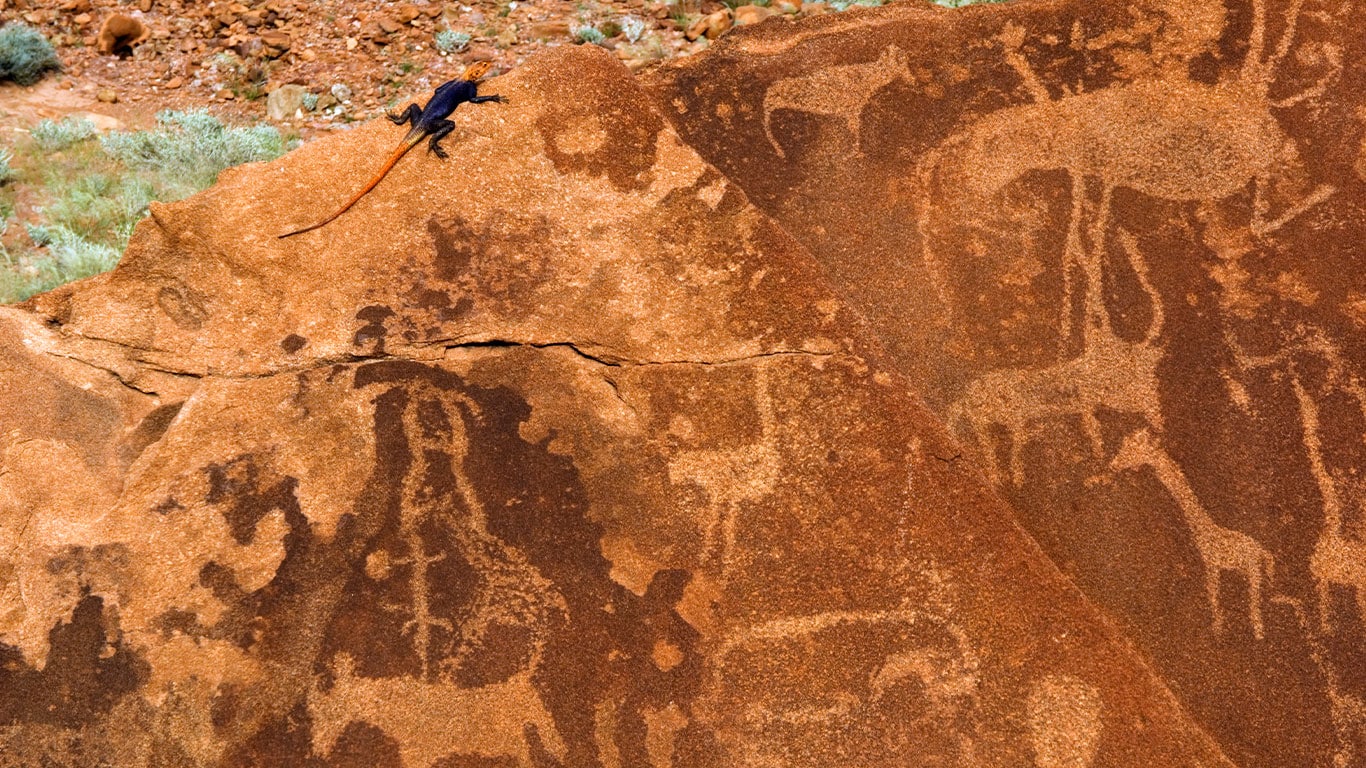Statement from the Community Leaders Network and Resource Africa Following KAZA Summit 2024
Following the KAZA Summit 2024, the Community Leaders Network and Resource Africa emphasized the critical need for local community engagement in conservation efforts. They urged stakeholders to prioritize community empowerment, ensuring that local voices are central to planning and executing sustainable development projects.
